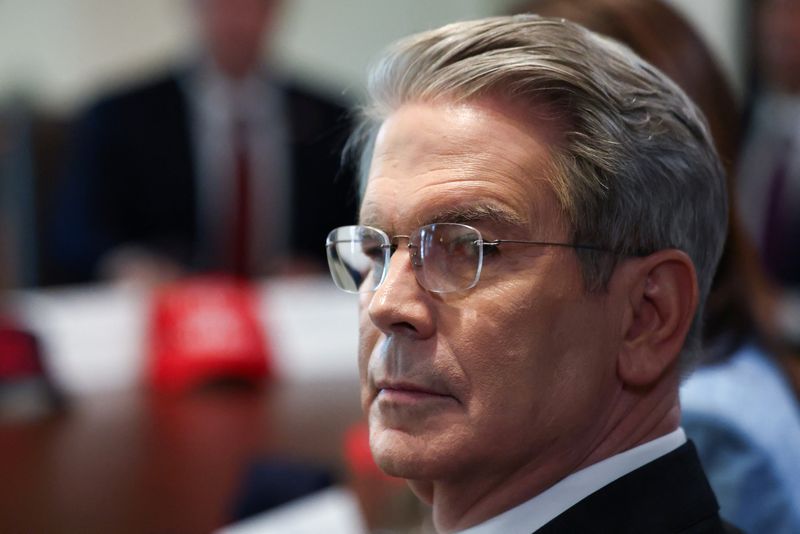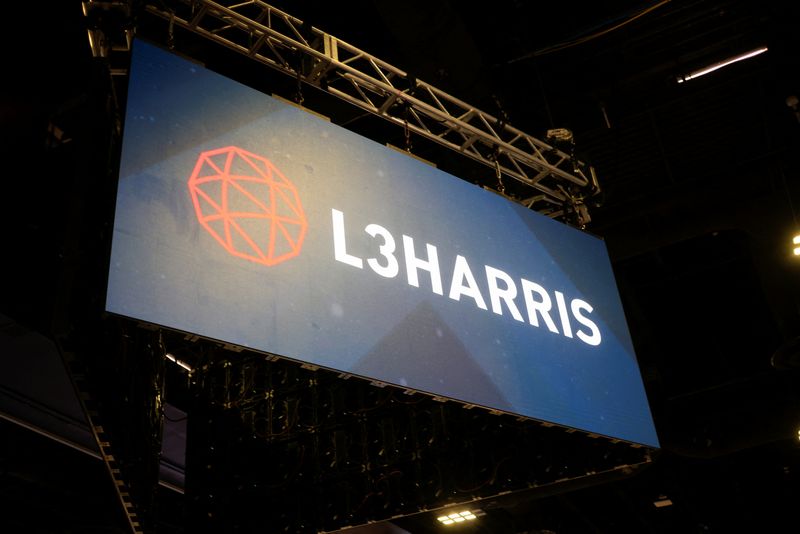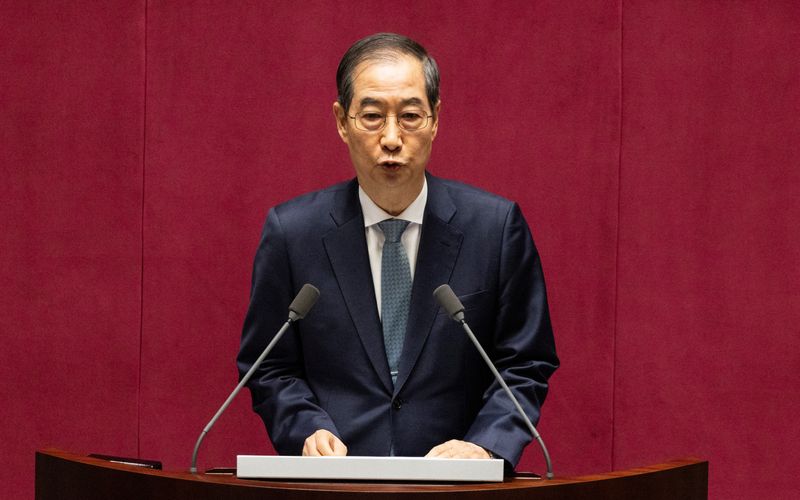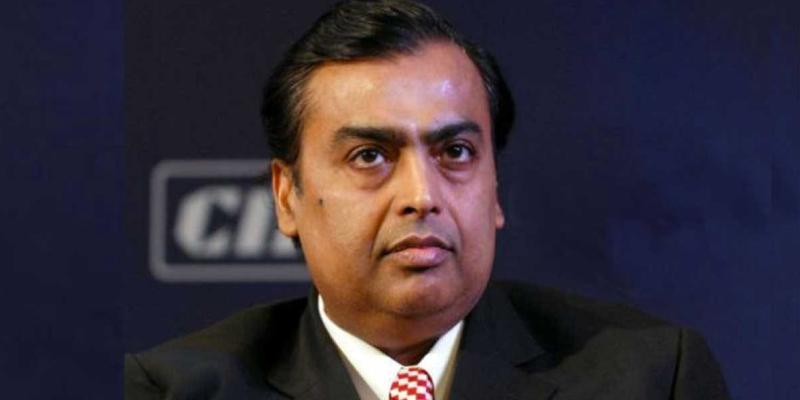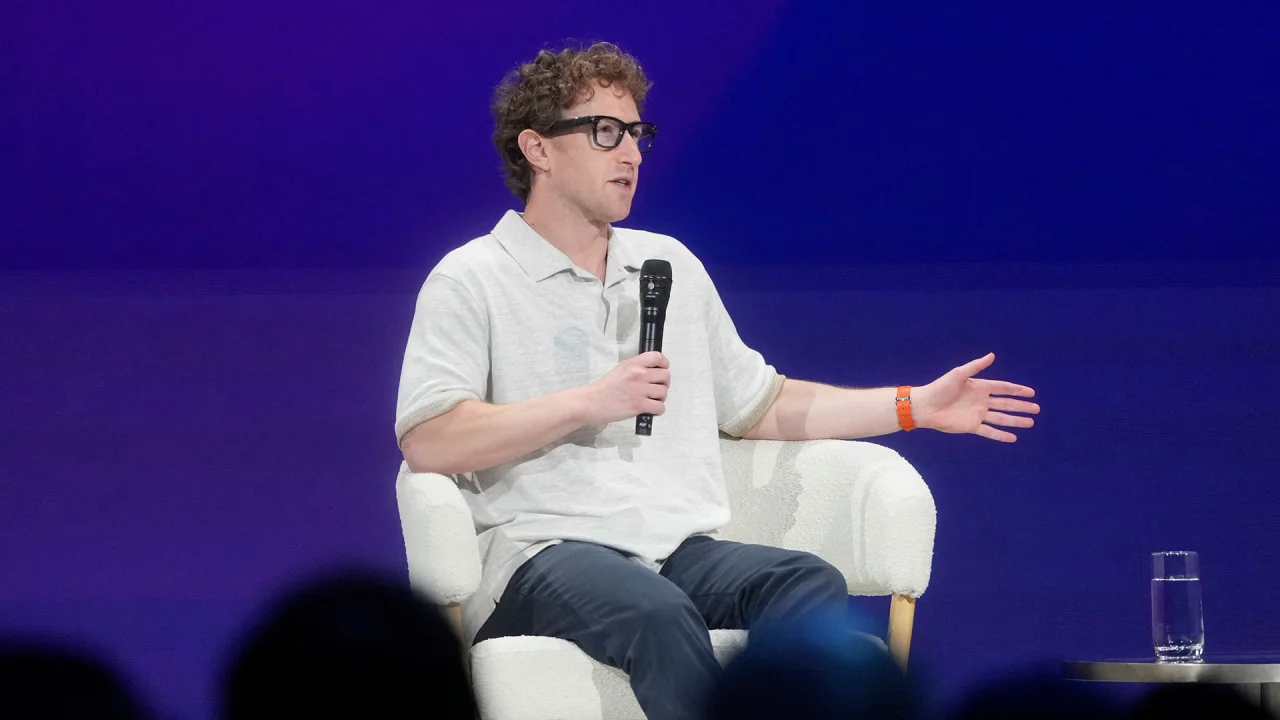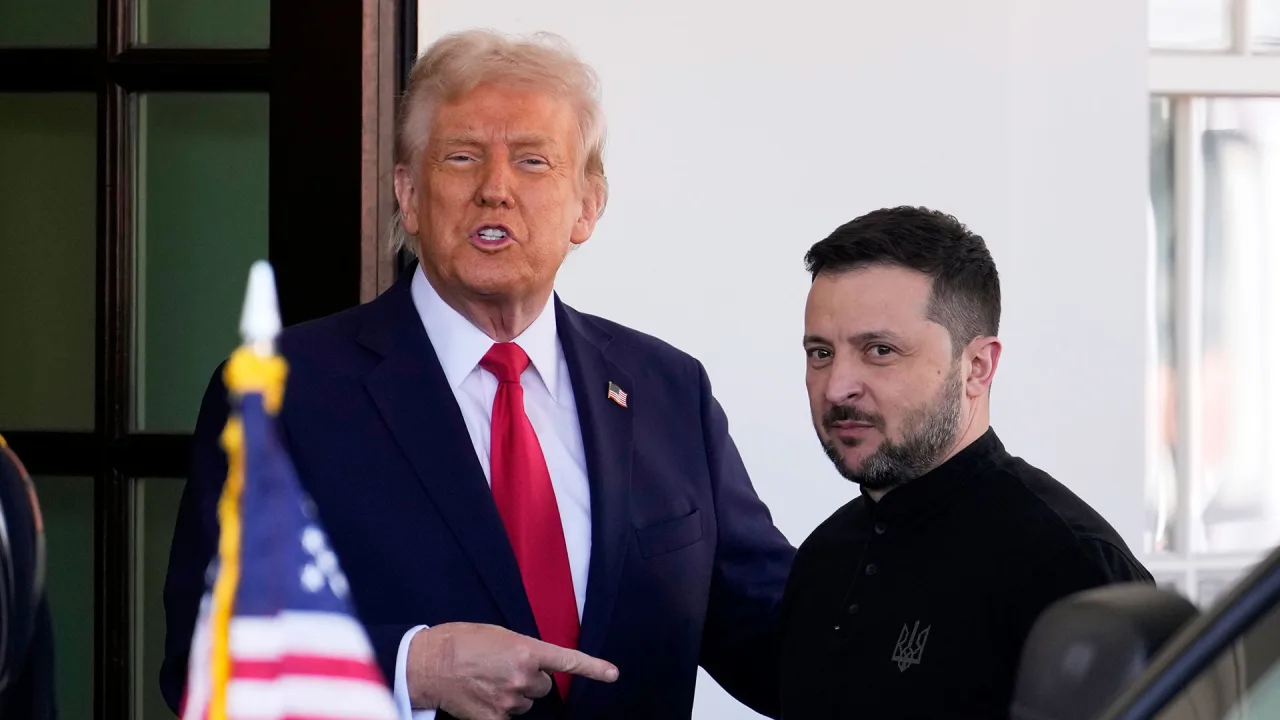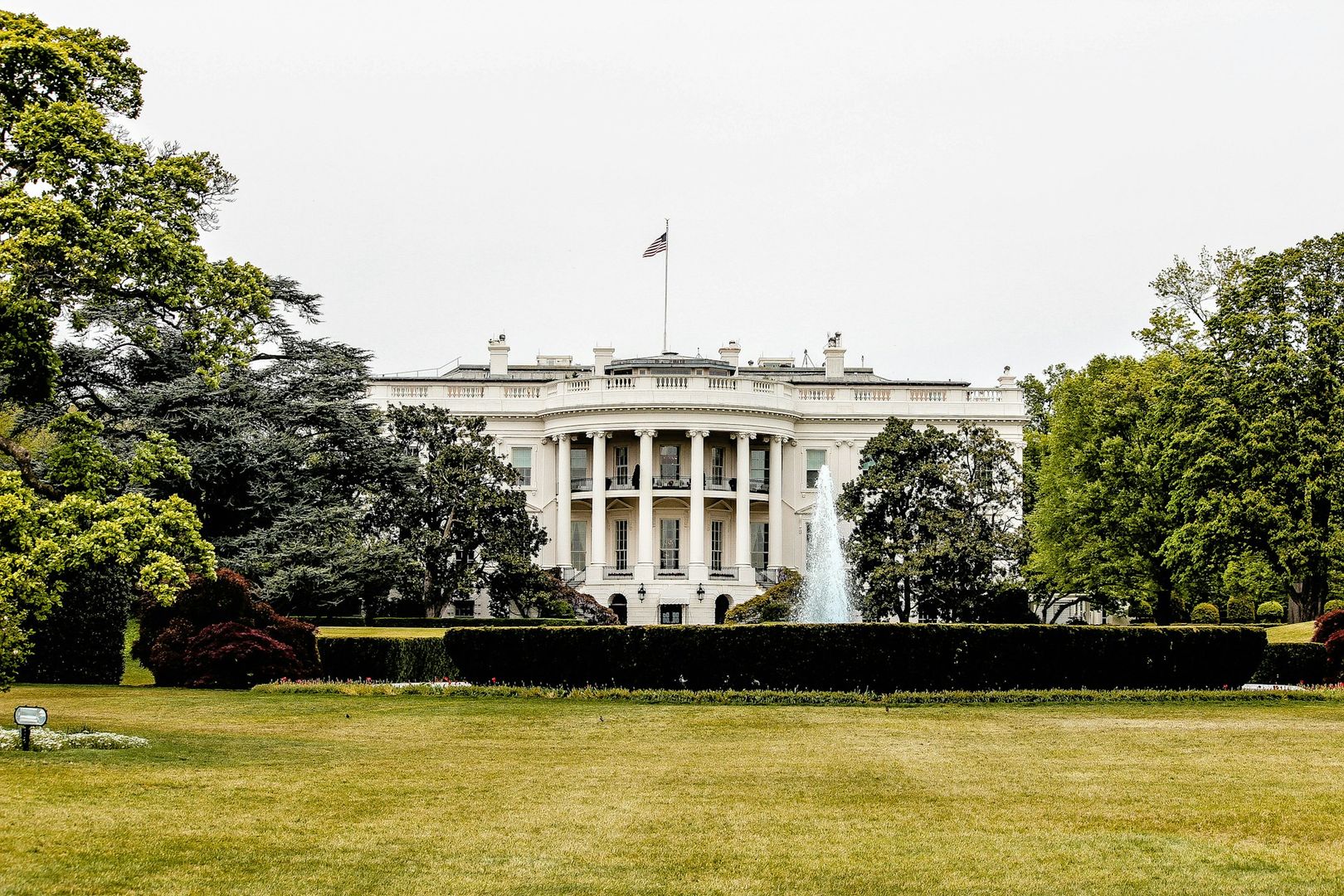Exclusive: Crypto venture firm dao5 closes $222 million second fund after investments in Berachain and Bittensor
Dao5 is led by Polychain alumni Tekin Salimi and has backed startups like Berachain and Bittensor.

Even as global investors face macro headwinds and the evaporation of initial public offerings, crypto venture capital continues to attract major funding. The blockchain-focused venture firm dao5 recently closed a $222 million second fund, Fortune can exclusively report.
Founded in 2022 by Tekin Salimi, a former corporate lawyer and alumnus of the crypto venture giant Polychain, dao5 previously raised a $125 million debut fund, which it has fully deployed into crypto startups, including the layer-1 blockchain Berachain and the decentralized AI project Bittensor.
In an interview with Fortune, Salimi said that dao5's edge in the crowded crypto venture market comes from his long track record in the industry, as well as the firm's ability to serve as an adviser, especially to early-stage startups. "Sometimes the job [of VC] can range from everything to investor to close friend and then therapist of these young founders," Salimi said. "So I just try to be very ingrained in the relationship."

One of a few suits
In the often Wild West world of crypto, Salimi came into the industry through an untraditional path: corporate law. He grew up in Toronto, which has its own storied place in the blockchain annals as the hometown of Ethereum inventor Vitalik Buterin, and found crypto when he was looking for interesting areas to build a practice around.
This was the "initial coin offering" era around 2017, and Salimi recalls being one of the "few suits" at blockchain meetups, trying to meet as many founders as he could. He decided to quit his white-shoe law firm job and set out on his own, helping projects with everything from raising capital to restructuring, often receiving payments in Bitcoin or pre-launch tokens in return.
Salimi joined Polychain, the venture firm founded by early Coinbase employee Olaf Carlson-Wee, in late 2017. Though he worked on the investment team, he also helped with legal work, such as assisting in building novel deal structures at the time, such as token warrants, which give investors the right to purchase future cryptocurrencies from projects they're backing.
After working on some of the biggest deals in crypto during that era, such as the layer-1 blockchain Avalanche, Salimi decided to start his own venture fund in late 2021 as Polychain grew into a megafund, with billions of dollars worth of assets under management. "I really just missed the early startup feel," he told Fortune. "Frankly, there are benefits to having a smaller pool of capital as well."
Dao5
Salimi's first fund out of dao5 was a 2022 vintage—the tail of a boom period that capped off with the collapse of Sam Bankman-Fried's FTX at the end of the year. Still, Salimi fully deployed the fund, including becoming one of the first venture backers of the decentralized AI project Bittensor, as well as investing in the seed round of Berachain, whose valuation later topped $1 billion.
According to Salimi, dao5 has begun to harvest positions from the first fund with a 1x DPI, meaning it has already paid back its investors the capital they originally put in. "I credit that to a big part of why we're able to have a successful fundraise in this market," Salimi said, adding that the new fund is concentrated in around 15 limited partners, mostly from family offices and high net worth individuals. An LP from dao5's first fund, the crypto angel investor George Lambeth, is joining the firm as a general partner.
Despite crypto's ascendancy under President Trump, who has embraced the industry and helped shepherd key policies such as a strategic government Bitcoin reserve, prices of top assets have remained relatively stagnant due to macroeconomic concerns, including Trump's trade war.
Salimi said that after previous cycles centered around what he described as "extremely sci-fi projects" with long-time horizons, such as NFTs or even Bittensor, his current focus is on institutional adoption of blockchain technology, including stablecoins and tokenization. "It's almost like the less sexy products are now more important," Salimi told Fortune.
This story was originally featured on Fortune.com































